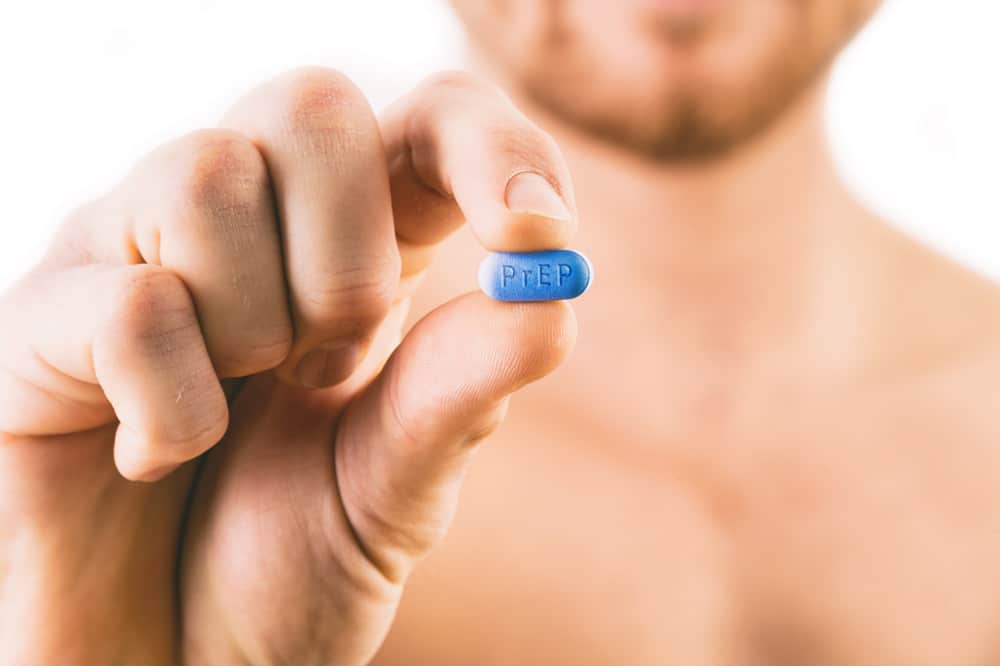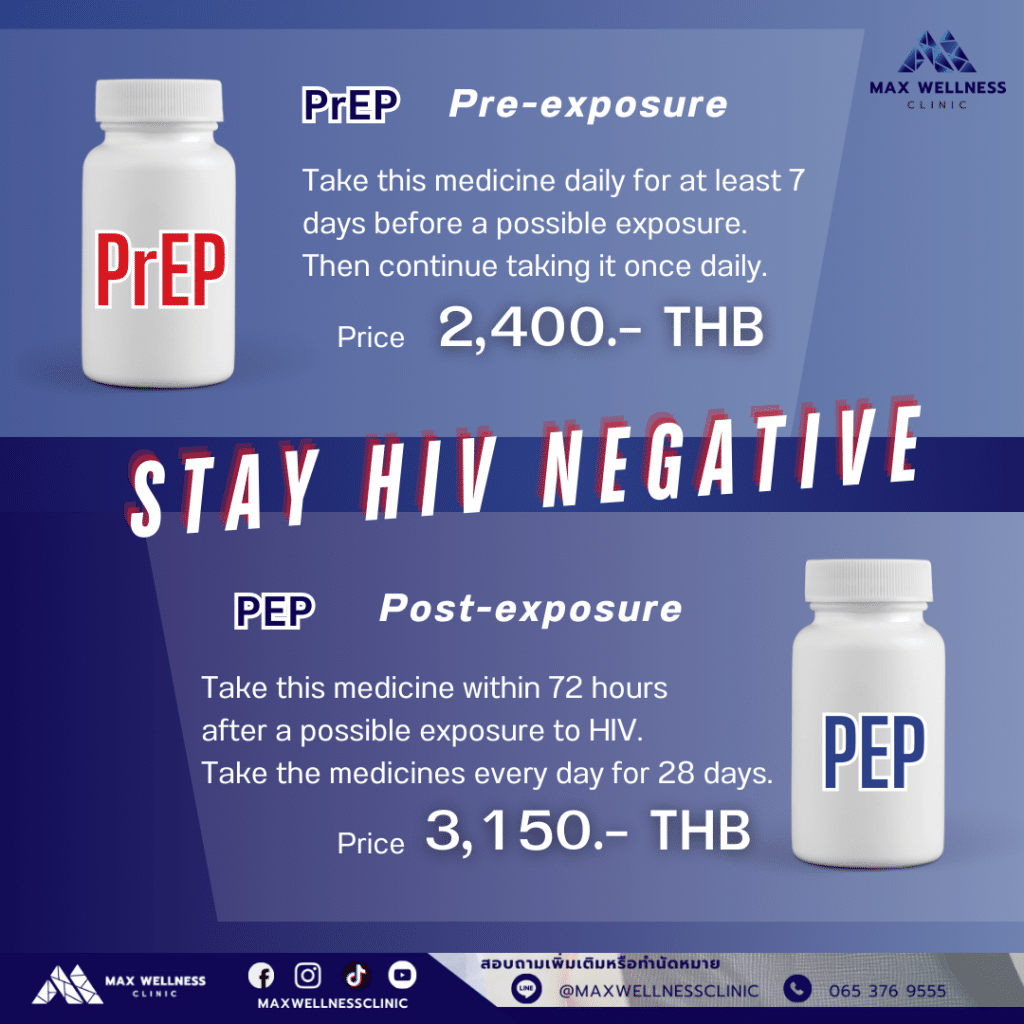
PrEP stands for Pre-Exposure Prophylaxis, and it involves using antiretroviral medications known as antiretrovirals. These medications hinder and reduce the replication of HIV, thereby preventing infection.
PrEP is suitable for individuals who are HIV-negative but at risk of HIV infection through sexual activity or sharing needles for drug use.
1.HIV Test: Ensure you are HIV-negative before starting PrEP.
Everyone should get tested to confirm they are HIV-negative before starting PrEP. The medications used to treat HIV and those used for HIV prevention are different. Taking PrEP while already infected with HIV can mask symptoms, leading to undetected infection, delayed treatment, and the risk of drug resistance.
2.Kidney Function Test: Assess your kidney health.
Before starting PrEP, everyone should have their kidney function tested to establish a baseline for monitoring during treatment and to choose the right formula for each individual. Different PrEP formulations are suited to patients with varying levels of kidney function.
*Please consult with your physician for more detailed information.
3.Hepatitis Test: Check for hepatitis infection.
If you have never had hepatitis B or have not been vaccinated for it, you should be tested for hepatitis B infection before starting PrEP. Although having hepatitis B is not a contraindication for taking PrEP, some PrEP formulations are also used to treat hepatitis B. However, if a patient is unknowingly infected with hepatitis B and stops taking PrEP, it can cause a rapid rebound of the virus, leading to significant liver damage.
4.Lipid Levels: For certain PrEP formulations e.g. F/TAF, you need to check your blood lipid levels before starting PrEP.

Always consult your healthcare provider for detailed information and personalized advice.
When taken consistently as prescribed by a physician, PrEP can reduce the risk of HIV infection from sexual activity by up to 99% and the risk of HIV infection from intravenous recreational drug use by at least 74%.
Daily Oral PrEP Regiment
This method is widely accepted and proven to be highly effective in preventing HIV infection. The current data indicate the following timeframes for PrEP to reach protective levels in the body:
– Receptive anal sex: reach a protective level after 7 days of consistent use.
– Receptive vaginal sex, injection drug use, and oral sex: reach a protective level after 21 days of consistent use.
On-Demand: 2-1-1 PrEP Regimen
Some PrEP formulations, such as F/TDF, can be taken off-label using the 2-1-1 method for men who have sex with men (MSM):
– Take 2 pills 2–24 hours before sex.
– Take 1 pill 24 hours after the initial 2 pills.
– Take 1 more pill 48 hours after the initial 2 pills.
However, this method is not officially endorsed by the CDC (Centers for Disease Control and Prevention). Always consult your physician before deciding on a PrEP regimen.
If you decide to stop taking PrEP, do not stop abruptly. Consult your physician to assess your risk of HIV infection. PrEP levels may remain in your system for 7–10 days after the last dose. If you are still at risk of HIV infection, you should seek alternative prevention methods.
In Bangkok, you can get PrEP from the following healthcare facilities:
If you prefer convenience, privacy, and swift service without long queues, you can also receive PrEP and a consultation from sexual health physicians and preventive medicine specialists at Max Wellness Clinic.

https://sites.google.com/site/prepfaq/doctors-labs/lab-tests